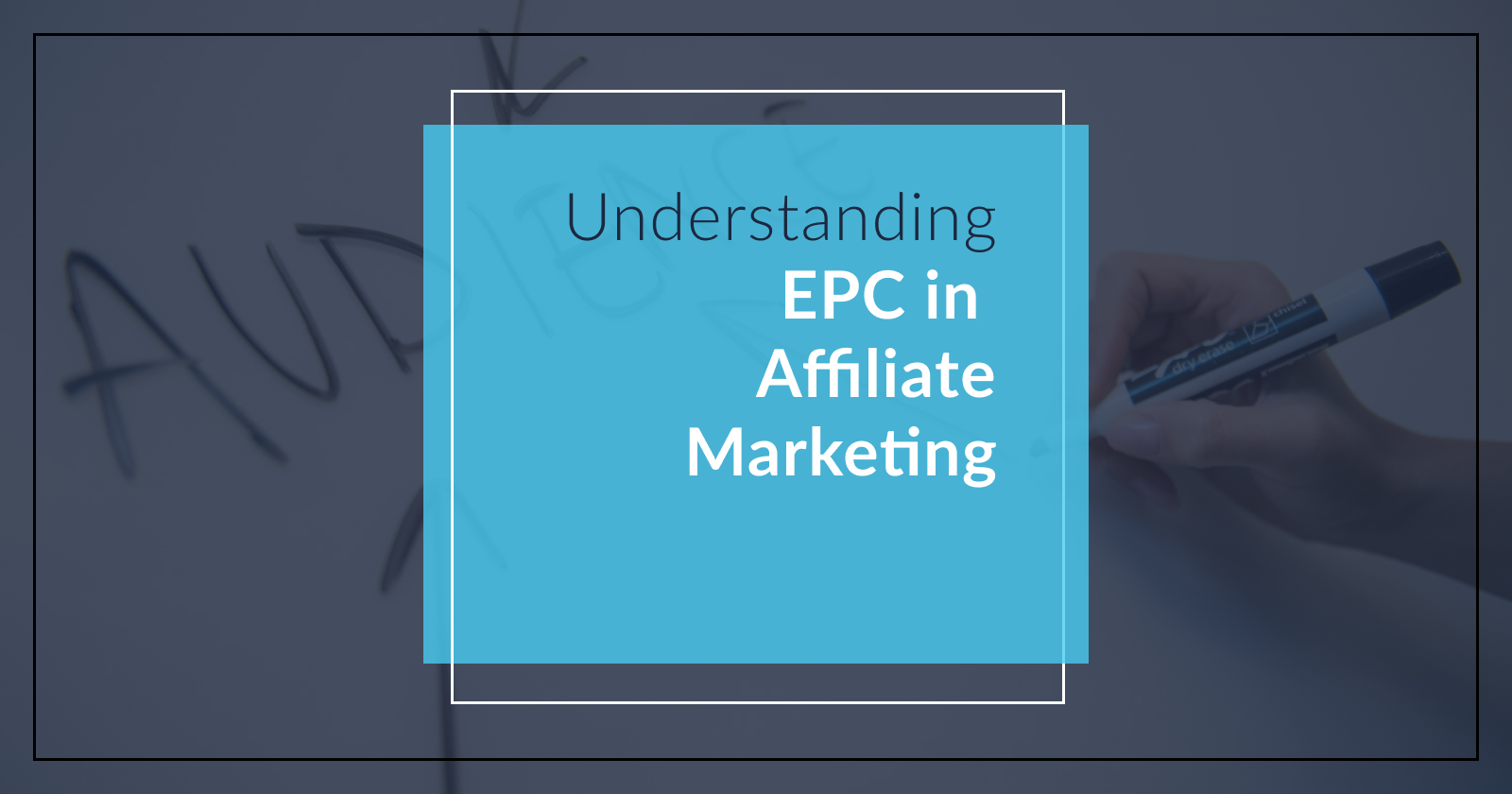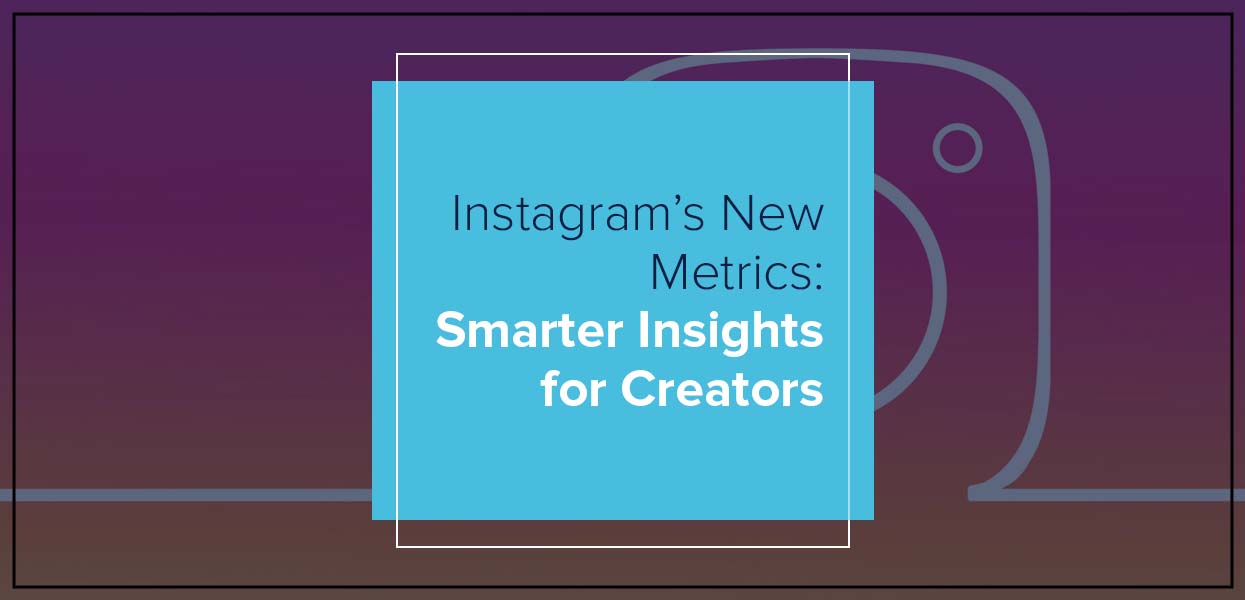Understanding EPC in Affiliate Marketing

EPC in Affiliate Marketing Explained
In the ever-evolving world of affiliate marketing, mastering key metrics is crucial for success. Among these metrics, Earnings Per Click (EPC) stands out as a valuable tool for gauging the effectiveness of your affiliate campaigns. This blog delves into the world of EPC, explaining its meaning, how it's calculated and its importance for both affiliate marketers and merchants.
What is EPC in Affiliate Marketing?
Simply put, EPC refers to the average amount of commission you earn for each click on your affiliate link. It provides a snapshot of the profitability of your affiliate efforts, considering both the click-through rate (CTR) and the average commission earned per sale.
How to Calculate EPC?
The formula for calculating EPC is straightforward:
EPC = Total Commissions Earned / Total Clicks on Your Affiliate Link
For example, if you earned a total of $100 in commissions from clicks on your affiliate link and there were a total of 50 clicks, your EPC would be:
EPC = $100 / 50 clicks = $2 per click
Why is EPC Important?
EPC plays a vital role for both affiliate marketers and merchants:
For Affiliate Marketers:
- Gauges Campaign Performance: EPC allows you to compare the profitability of different affiliate programs and campaigns. A higher EPC indicates that your marketing efforts are driving more valuable clicks that convert into sales and generate higher commissions.
- Optimizes Marketing Strategies: By analyzing EPC alongside other metrics like CTR and conversion rate, you can identify areas for improvement in your marketing strategy. For example, a low EPC might indicate the need to refine your target audience or optimize your landing page content.
- Negotiation Leverage: A strong EPC demonstrates your effectiveness as an affiliate marketer, potentially allowing you to negotiate better commission rates with merchants.
For Merchants:
- Evaluate Affiliate Performance: EPC helps merchants assess the effectiveness of partnered affiliates. A high EPC from an affiliate indicates their ability to generate valuable traffic and sales.
- Attracts High-Performing Affiliates: Merchants can use EPC data to identify and recruit affiliate marketers who consistently deliver high-quality traffic and conversions.
- Optimizes Affiliate Programs: By analysing EPC data across different affiliates, merchants can tailor their affiliate programs to incentivise strategies that generate more profitable sales.
Limitations of EPC
While valuable, EPC does have limitations to consider:
- Doesn't Account for Cost per Click (CPC): EPC focuses solely on commissions earned, without factoring in the cost you might incur on advertising or promoting the affiliate link. To gain a more holistic picture, consider calculating your return on ad spend (ROAS).
- Influenced by External Factors: Factors outside your control, like product price, seasonality and overall market conditions, can affect conversion rates and ultimately impact your EPC.
Conclusion: Leveraging EPC for Success
Understanding and utilizing EPC is a crucial step towards maximizing your affiliate marketing success. By tracking and analyzing your EPC, you can make informed decisions about your marketing strategies and partnerships. Remember, a high EPC is a strong indicator of a well-optimized affiliate campaign that generates profitable sales for both the marketer and the merchant.
Ready to elevate your marketing game? Connect with Uniworld Studios today and unlock endless possibilities for success!
Categories
- Digital Marketing
- Website Development
- Graphic Design
- Content Writing
Latest Posts
-
- Essential Marketing & Advertising Keywords 2025



